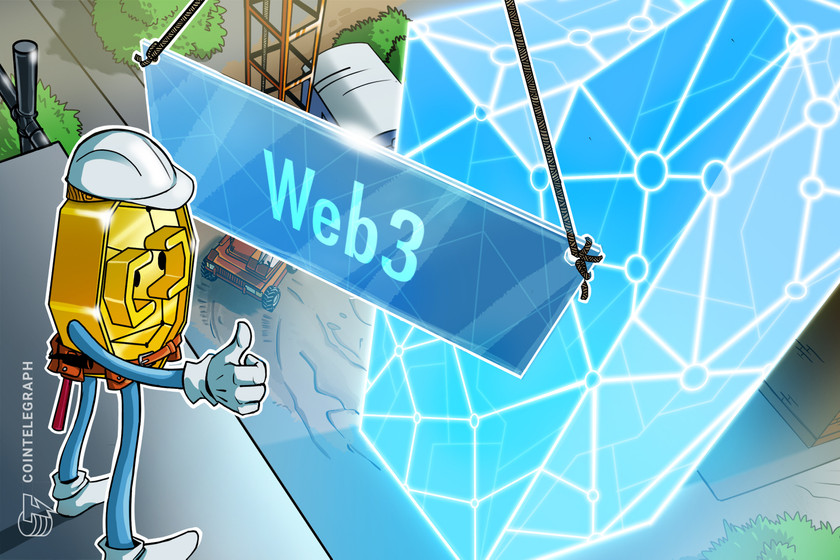Decentralized Storage Alliance seeks to bridge the Web3 gap through education and advocacy


The organization said that it intends to promote awareness and adoption of decentralized technologies, such as Filecoin, IPFS and Libp2p.
Decentralized storage network Filecoin has partnered with Protocol Labs and other participants within the Web3 ecosystem to launch the Decentralized Storage Alliance. According to the announcement, one of the main goals of the newly formed alliance is to help Web2 enterprises transition to Web3 through education, advocacy and best practices.
The Alliance said it hopes to achieve this by bringing together diverse viewpoints from leading Web2 and Web3 industry players, such as Advanced Micro Devices, Ernst & Young and data storage solutions provider Seagate. The organization aspires to become a trusted space where different companies can collaborate around Web3 technologies like decentralized storage in order to accelerate its adoption.
It also seeks to provide access to educational materials and technical resources that will improve the process of onboarding data to decentralized storage networks, and make it easier for new data centers to onboard to the network.
Stefaan Vervaet, head of network growth at Protocol Labs, claimed:
“With top-tier leaders across Web2 and Web3 coming together to explore the unrealized potential of decentralized technology, this Alliance has the power to transform the foundation of the internet.”
Related: Filecoin service provider announces move to Singapore in light of tightening restrictions in China
On Oct. 25, Cointelegraph reported that another Protocol Labs initiative launched CO2.Storage, a Web3 data storage solution that intends to enable transparency for carbon offsets and address traditional storage solutions for all types of digital environmental assets, including renewable energy credits. The initiative was designed with the intention of reducing the environmental impact of Filecoin.





